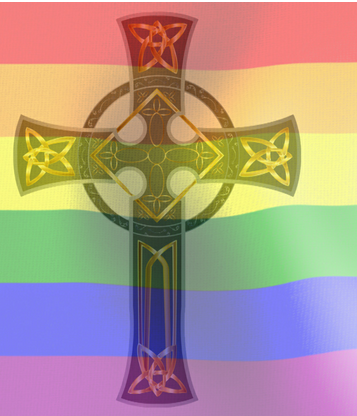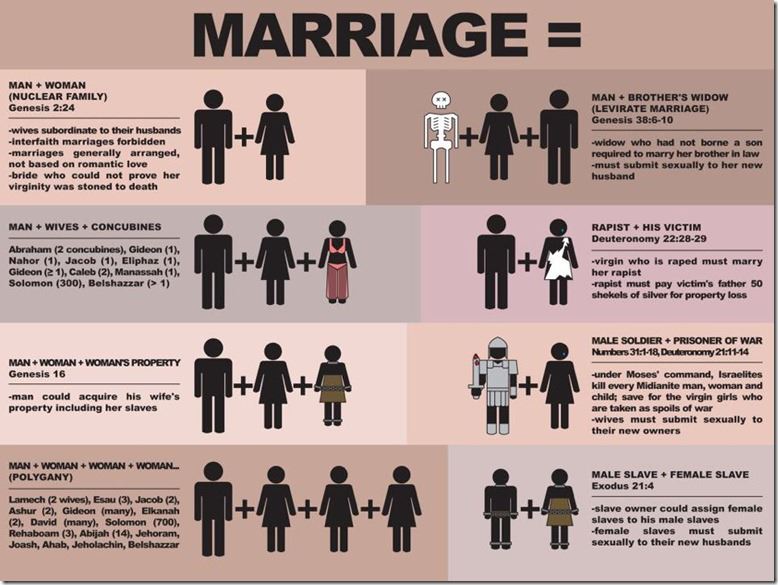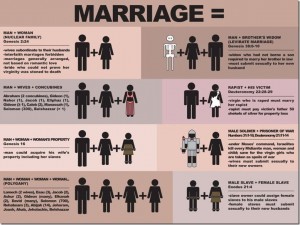Here’s something you won’t hear at church this week: You hate Jesus (if you’re a conservative evangelical).
Phil Zuckerman is Professor of Sociology at Pitzer College in Claremont, CA, USA. He recently wrote a very insightful critique of American Evangelicals, and I think he hits the nail entirely on the head. His conclusion is powerful: Evangelicals love what Jesus can do for them, but don’t really love what Jesus asked them to do in response. In this sense, they don’t actually love Jesus. His article puts it even more strongly. Read the original Huffington Post article, or an extended extract below:
Why Evangelicals Hate Jesus
Huffington Post, Religion Blog, 6 September 2012
by Phil Zuckerman and Dan CadyThe results from a recent poll published by the Pew Forum on Religion and Public Life reveal what social scientists have known for a long time: White Evangelical Christians are the group least likely to support politicians or policies that reflect the actual teachings of Jesus. It is perhaps one of the strangest, most dumb-founding ironies in contemporary American culture. Evangelical Christians, who most fiercely proclaim to have a personal relationship with Christ, who most confidently declare their belief that the Bible is the inerrant word of God, who go to church on a regular basis, pray daily, listen to Christian music, and place God and His Only Begotten Son at the center of their lives, are simultaneously the very people most likely to reject his teachings and despise his radical message.
Jesus unambiguously preached mercy and forgiveness. These are supposed to be cardinal virtues of the Christian faith. And yet Evangelicals are the most supportive of the death penalty, draconian sentencing, punitive punishment over rehabilitation, and the governmental use of torture. Jesus exhorted humans to be loving, peaceful, and non-violent. And yet Evangelicals are the group of Americans most supportive of easy-access weaponry, little-to-no regulation of handgun and semi-automatic gun ownership, not to mention the violent military invasion of various countries around the world. Jesus was very clear that the pursuit of wealth was inimical to the Kingdom of God, that the rich are to be condemned, and that to be a follower of Him means to give one’s money to the poor. And yet Evangelicals are the most supportive of corporate greed and capitalistic excess, and they are the most opposed to institutional help for the nation’s poor — especially poor children. They hate anything that smacks of “socialism,” even though that is essentially what their Savior preached. They despise food stamp programs, subsidies for schools, hospitals, job training — anything that might dare to help out those in need. Even though helping out those in need was exactly what Jesus urged humans to do. In short, Evangelicals are that segment of America which is the most pro-militaristic, pro-gun, and pro-corporate, while simultaneously claiming to be most ardent lovers of the Prince of Peace.
What’s the deal?





